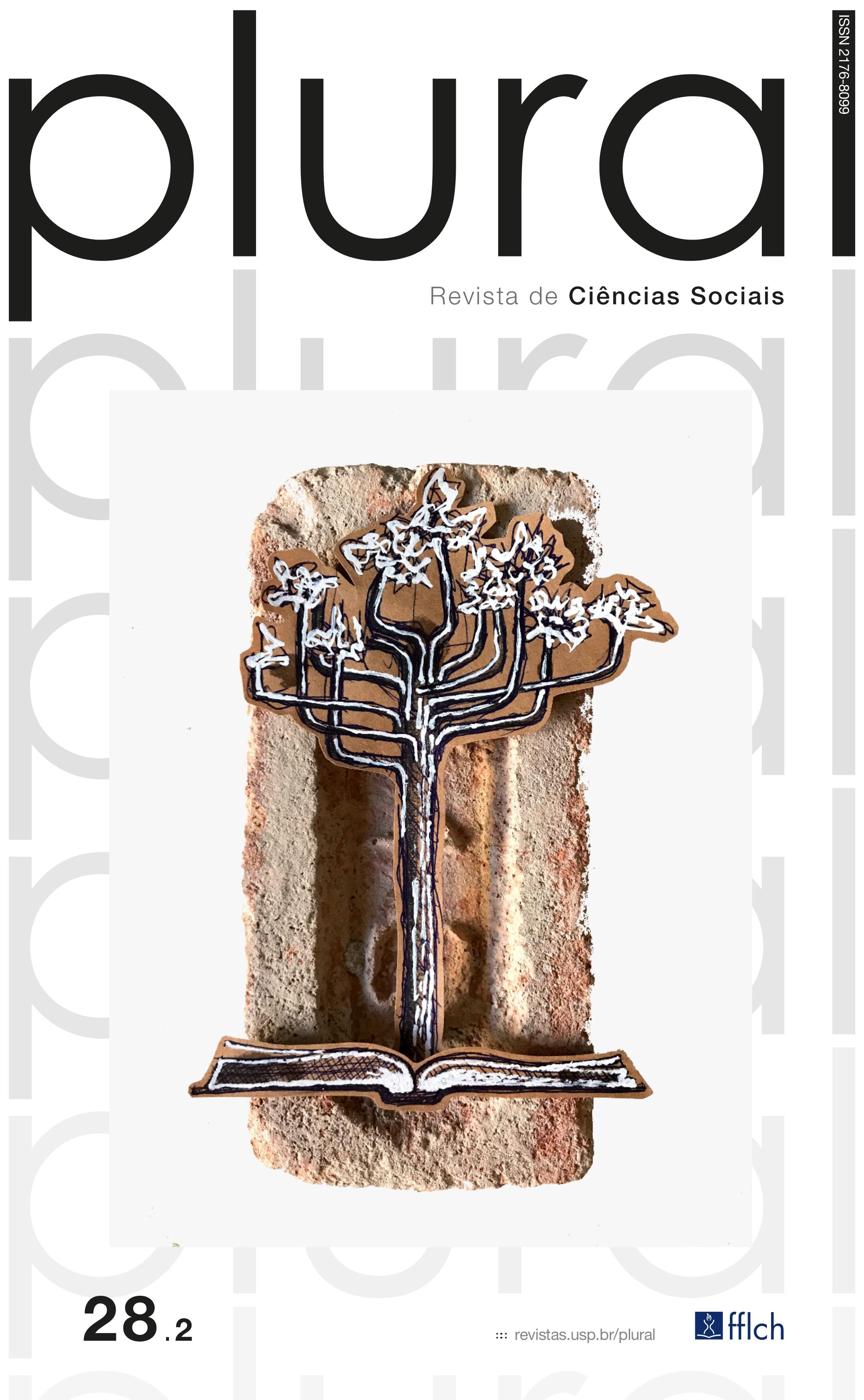The interpretive turn in the research methodology of Glifford Geertz and Quentin Skinner
DOI:
https://doi.org/10.11606/issn.2176-8099.pcso.2021.169928Keywords:
Interpretive turn, Thick description, Linguistic contextualism, History of ideas, AnthropologyAbstract
This paper, of theoretical and bibliographic methodological analysis, discusses the influence of interpretive premises in the social sciences during the 1960s by investigating the methodological postulates of Clifford Geertz and Quentin Skinner. The analysis points to several affinities: a common dissent against the then hegemonic positivists discourses, the effort to revisit comprehensive theorists from the XIX century, by accepting more recent reformulations posed by the philosophy of the language, the refusal of radical stances that posit scientific ideals against other interpretivists, and the proposition of analytic lenses that encompass intentionalist, contextualist and interpretive preoccupations. These projects are fundamentally rooted in two methodological tools: for anthropology, that of thick description, and for the history of ideas, that of linguistic contextualism.
Downloads
References
COAN, Isadora Cristina de Melo (2010). Interpretando uma alternativa: Considerações sobre a virada interpretativa nas ciências sociais entre as décadas de 1960 e 1970.Trabalho de Conclusão de Curso (Graduação) em Ciências Sociais. Florianópolis: Universidade Federal de Santa Catarina. Disponível em <https://repositorio.ufsc.br/handle/123456789/125755>. 80 p.
COAN, Isadora Cristina de Melo (2013). As bases filosóficas da metodologia de Quentin Skinner para a história intelectual. Dissertação (Mestrado) em Sociologia Política. Florianópolis: Centro de Filosofia e Ciências Humanas da Universidade Federal de Santa Catarina. Disponível em <http://bdtd.ibict.br/vufind/Record/UFSC_782a5aecc36de8a6837a6e8f0ea5b58d/Details>
COSTA, Cláudio (2007). Filosofia da Linguagem. Rio de Janeiro: Jorge Zahar.
GADAMER, Hans-Georg (1967). “A universalidade do problema hermenêutico. Retórica, hermenêutica e crítica da ideologia - comentários metacríticos a Verdade e Método 1”. ln: GADAMER, Hans-Georg.Verdade e Método II: Complementos e índice. Petrópolis: Vozes, 2002.
GEERTZ, Clifford (1979). “From the native’s point of view: on the nature of anthropological understanding (1976)”. ln: RABINOW, Paul; SULLIVAN, William (eds.). Interpretive social science: a reader. Berkeley: University of California Press.
GEERTZ, Clifford (1980). The refiguration of social thought. American Scholar, v. 49, n. 2, p. 165-79.
GEERTZ, Clifford (2008). A interpretação das culturas.Rio de Janeiro: LTC.
GIBBONS, Michael (2006). Hermeneutics, political inquiry, and practical reason: an evolving challenge to political science. American Political Science Review, v. 100, n. 4.
JASMIN, Marcelo Gantus (2005). História dos conceitos e teoria política e social: referências preliminares. Revista Brasileira de Ciências Sociais, v. 20, n. 57, p. 27-38.
LEEDS-HURWITZ, Wendy (2015). “Thick description”. In: TRACY, Karen; ILIE, Cornelia; SANDEL, Todd (orgs.). The International Encyclopedia of Language and Social Interaction, First Edition. Nova Jersey: John Wiley & Sons.
LOPES, Marcos Antônio (2011). Aspectos teóricos do pensamento histórico de Quentin Skinner. Revista Kriterion, v. 52, n. 123, p. 177-95.
LOSSO, Tiago (2011). A crítica de Charles Taylor ao naturalismo na ciência política. Revista de Sociologia e Política. Curitiba, v. 19, n. 39, p. 91-10.1
RABINOW, Paul; SULLIVAN, William M (1979). “The interpretative turn: emergence of an approach” ln: RABINOW, Paul; SULLIVAN, William M (eds.). Interpretive social science: a reader. Berkeley: University of California Press.
RODRIGUEZ, Cristian Uriel Solís (2013). La relación contexto-sujeto en Quentin Skinner. Región y sociedad. Obregón, ano xxv, n. 56, p. 269-97.
SHANKMAN, Paul (1984). The Thick and the Thin: On the Interpretive Theoretical Program of Clifford Geertz. Current Anthropology, v. 25, n. 3, p. 261-80.
SILVA, Ricardo (2010). O Contextualismo Linguístico na História do Pensamento Político: Quentin Skinner e o Debate Metodológico Contemporâneo. Revista DADOS – Revista de Ciências Sociais, v. 53, n. 2, p. 299-335.
SKINNER, Quentin (1969). Meaning and Understanding in the History of Ideas. History and Theory, v. 8, n. 1, p. 3-53.
Downloads
Published
Issue
Section
License
Copyright (c) 2021 Política de direitos compartilhados

This work is licensed under a Creative Commons Attribution-NonCommercial-ShareAlike 4.0 International License.
Ao submeter seu trabalho à Plural, o autor concorda que: o envio de originais à revista implica autorização para publicação e divulgação, ficando acordado que não serão pagos direitos autorais de nenhuma espécie. Uma vez publicados os textos, a Plural se reserva todos os direitos autorais, inclusive os de tradução, permitindo sua posterior reprodução como transcrição e com devida citação de fonte. O conteúdo do periódico será disponibilizado com licença livre, Creative Commons - Atribuição NãoComercial- CompartilhaIgual –, o que quer dizer que os artigos podem ser adaptados, copiados e distribuídos, desde que o autor seja citado, que não se faça uso comercial da obra em questão e que sejam distribuídos sob a mesma licença (ver: http://www.creativecommons.org.br/).







